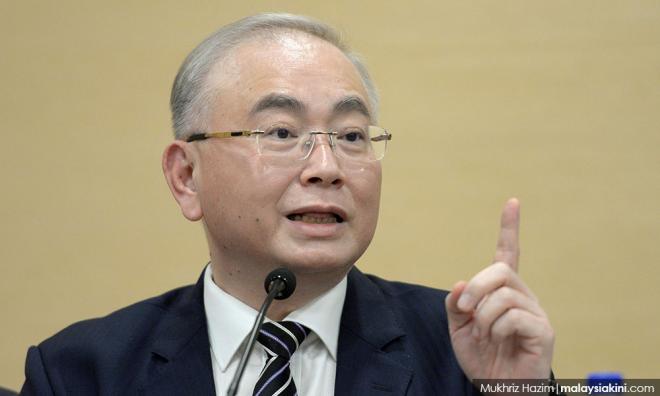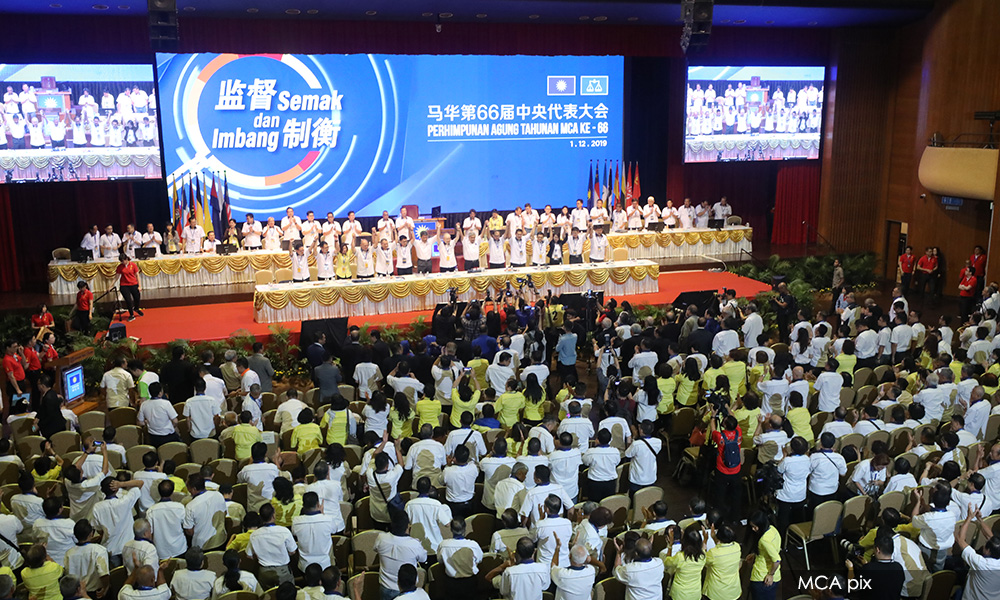
MCA is a party that has proven that it can work with Malays and Indians since independence, unlike DAP, said MCA president Wee Ka Siong.
In an interview with Sinar Harian published today, Wee said unlike DAP, MCA would never use words that were detrimental to multi-ethnic Malaysia.
"Ethnic relations became worse when Pakatan Harapan was in power. I was saddened. Some time ago, someone said if this and that party were to work together, they would be "Taliban".
"I dare not use such a word in my village. How can an elected lawmaker say 'celaka' (damn). No you can't. It hurts others.
"How can you say if you work with this party, it is malapetaka (disaster). Or if the two of them cooperate, they will declare war on non-Muslims," said Wee, when asked how MCA was different from DAP.
These were all DAP references, although Wee never specifically mentioned the party.
A year ago, DAP secretary-general Lim Guan Eng issued a highly controversial statement claiming that an Umno-PAS union will result in them "declaring war" on non-Muslims and non-Malays.
That union has since been cemented this month with the formation of the Perikatan Nasional government at the federal level and seven state governments.
Wee said MCA would never use the language which he had cited earlier and that had caused his party to be considered "weak".
However, Wee said the party was not weak but instead aware that it must be careful of its language.

"Although MCA comprise of Chinese members, but our approach is (to serve) all Malaysians.
"We cannot just champion our needs. We need to speak in accordance with the federal constitution, along with the concept of moderation and diversity," he said.
To a question why MCA won only one seat during the 2018 elections while DAP won 42, Wee said DAP succeeded because of slander, MCA's own weaknesses and DAP's playing of ethnic sentiment.
"DAP can use terms like "Taliban", "malapetaka" and the like whenever it suits them but we can't bring ourselves to do the same.
"For MCA, we can't. It is pantang (taboo), but they (DAP) do so," he said.
On a personal level, Wee said he is well versed in Bahasa Malaysia because he used to live in a Malay village.
He said that although he was educated in a Chinese school, he was taught Malay by his neighbours, including the finer points of pantun (rhymes) and puisi (poetry).
"I used to join debates in schools and my Malay friends helped me. I used to have Malay study groups in my (parents) house," he said. - Mkini



No comments:
Post a Comment
Note: Only a member of this blog may post a comment.